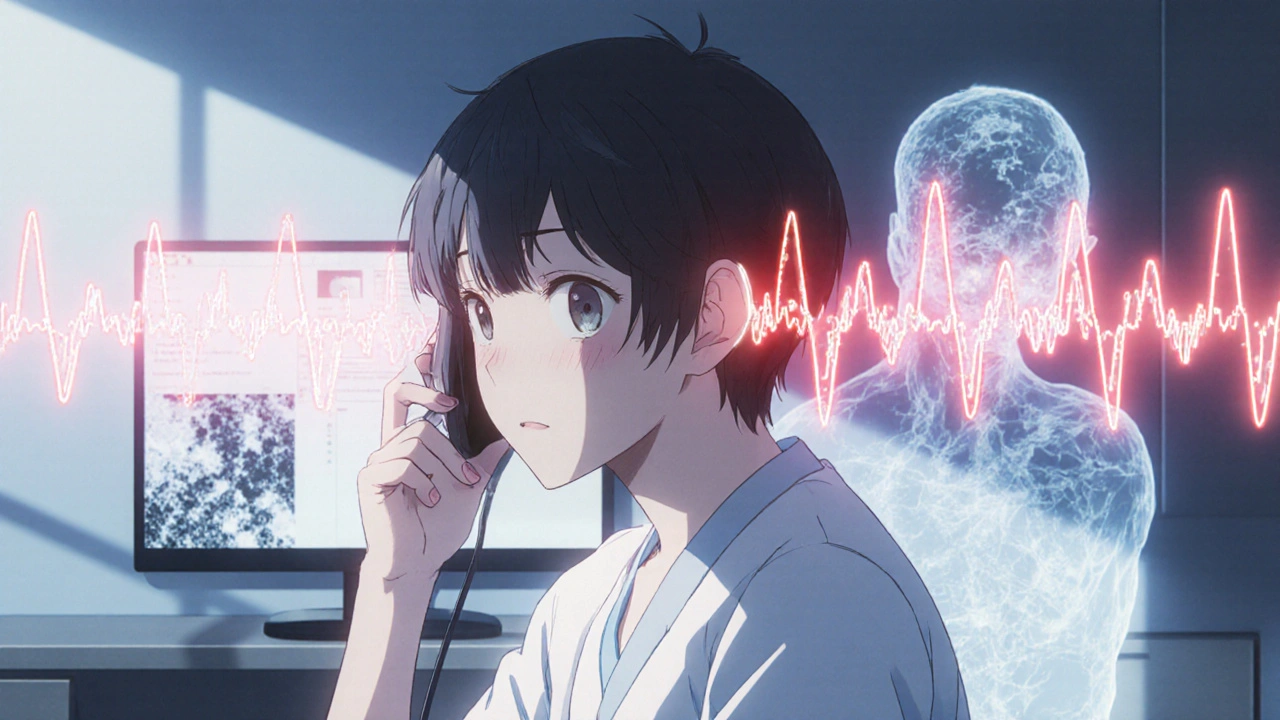Ototoxicity Monitoring: Protect Your Hearing from Medication Damage
When you take certain medicines, you’re not just treating an infection or managing blood pressure—you might also be quietly damaging your hearing. This is called ototoxicity, damage to the inner ear or auditory nerve caused by medications. Also known as drug-induced hearing loss, it doesn’t always show up right away, but once it happens, it’s often permanent. Many people don’t realize they’re at risk until they notice ringing in their ears or struggle to hear conversations in noisy rooms.
Some of the most common culprits are antibiotics, like gentamicin and vancomycin, used for serious infections, and chemotherapy drugs, such as cisplatin, which can harm the tiny hair cells in your cochlea. Even high doses of aspirin or loop diuretics like furosemide can trigger symptoms. The risk goes up if you’re older, already have hearing issues, or are taking more than one ototoxic drug at once. That’s why ototoxicity monitoring isn’t just a good idea—it’s a necessity for anyone on long-term treatment with these drugs.
Monitoring doesn’t mean waiting for symptoms to show up. It means regular hearing tests—simple, painless checks that measure your ability to hear high-pitched sounds before you even notice a problem. Audiologists use tools like pure-tone audiometry and otoacoustic emissions to track changes over time. If your hearing starts to dip, your doctor can adjust your dose, switch medications, or add protective steps. People on chemotherapy or antibiotics for cystic fibrosis or TB are often screened monthly. Even if you’re not in a high-risk group, if you’ve noticed new ringing, muffled sounds, or dizziness after starting a new drug, talk to your doctor. It’s not just about saving your hearing—it’s about keeping your balance, your focus, and your quality of life intact.
What you’ll find in the posts below are real, practical guides on how drugs affect your body in ways you might not expect—from how antibiotics can cause hearing loss to how antidepressants might lower sodium levels or how kidney problems change how meds work. These aren’t theoretical warnings. They’re stories from people who’ve been there, and science that backs it up. You’re not just reading about side effects—you’re learning how to spot them early and protect yourself before it’s too late.

Ototoxic Medications: How Common Drugs Can Damage Your Hearing and What to Watch For
Nov 19, 2025, Posted by Mike Clayton
Many common medications can cause permanent hearing damage. Learn which drugs are most risky, how to spot early signs of hearing loss, and what monitoring can save your hearing before it's too late.
MORESEARCH HERE
Categories
TAGS
- treatment
- online pharmacy
- dietary supplement
- side effects
- generic drugs
- medication adherence
- medication safety
- health
- dietary supplements
- health benefits
- online pharmacy Australia
- generic substitution
- adverse drug reactions
- thyroid disorders
- gabapentin
- treatment option
- calcipotriol
- blood pressure
- erectile dysfunction
- closer look
